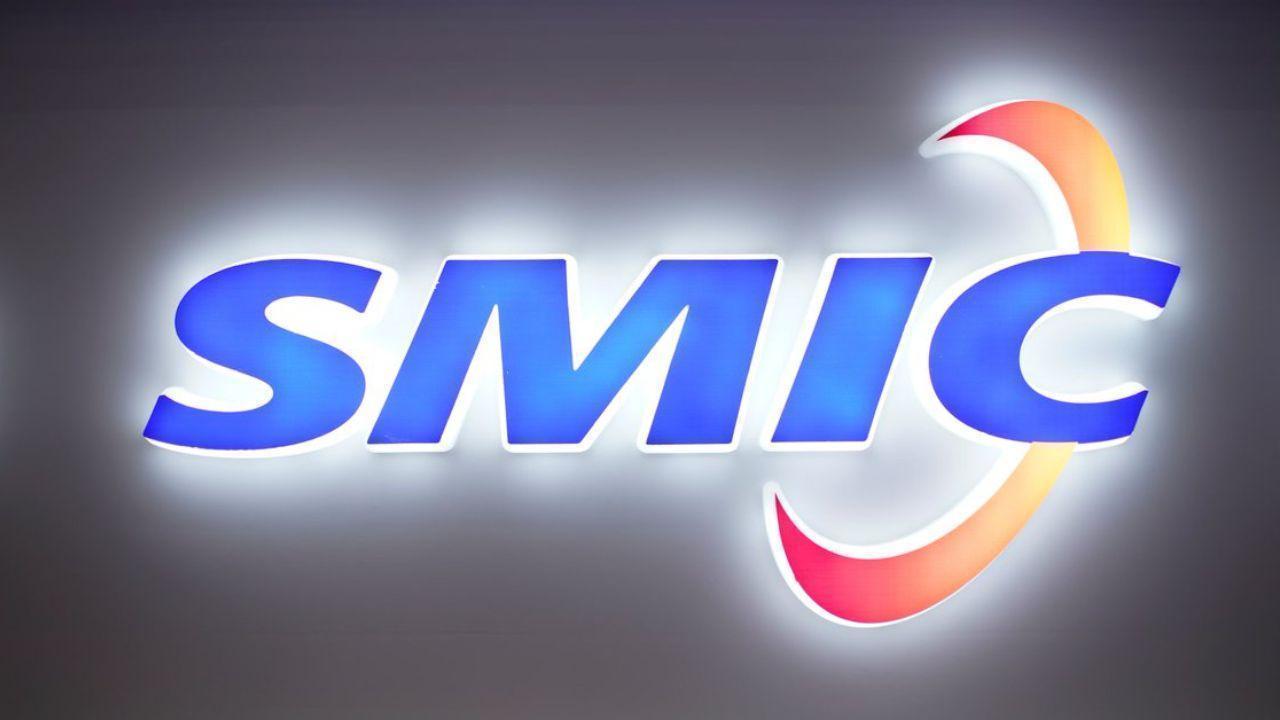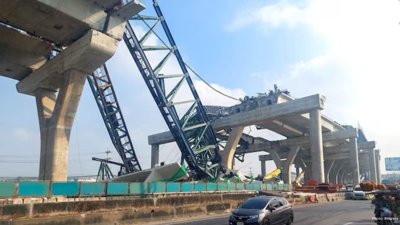
Post by : Avinab Raana
Photo : X / Miawww
U.S. Tightens Export Controls Over China
In a move that underscores rising tensions in global semiconductor trade, the U.S. government has penalized two Chinese companies for acquiring chipmaking tools on behalf of SMIC. This marks a significant escalation in the effort to use export controls to curb technology flows into firms deemed tied to military or security concerns. The decision signals that the rules of supply chain engagement are being rewritten, particularly for advanced manufacturing sectors.
What Triggered the Penalty?
The heart of the issue lies with two firms that obtained U.S.-origin equipment and tools, then transferred or used them in relation to SMIC’s advanced operations. SMIC is already subject to restrictions under U.S. regulations; these new penalties target the intermediaries helping smuggle restricted technology. By naming the companies and adding them to the restricted trade list, the U.S. is effectively criminalizing certain supply chain behaviors that were once grey zones.
Who Are the Firms Involved?
The two companies are GMC Semiconductor Technology (Wuxi) Co and Jicun Semiconductor Technology. They are accused of acquiring tools for SMIC’s manufacturing entities despite existing license requirements designed to block such transfers. By placing them on the Entity List, the U.S. is cutting off their legal access to U.S.-origin chipmaking tools and likely curtailing their ability to operate in the highest echelons of semiconductor trade.
Mechanism: The Entity List and Sanctions Regime
When a company is added to the U.S. Department of Commerce’s Entity List, it faces immediate restrictions: exporting U.S. technology, tools, software, or related components becomes subject to strict licensing, which is often denied. These measures are designed specifically to prevent dual-use tools equipment that can serve both civilian and military ends from flowing into entities under suspicion. The inclusion of these two firms shows that enforcement is spreading beyond primary manufacturers to include supply chain partners.
Implications for Semiconductor Trade Flows
With export controls tightening, companies that supply tools, materials, or services to SMIC or similar firms will face increased risk in procurement, production, and compliance. Suppliers globally may have to audit their sources of equipment, verify end-users more deeply, and possibly sever ties to clients deemed high risk. The ripple effect could slow shipments, delay projects, and prompt market retooling in Asia and beyond.
SMIC’s Position in the Supply Chain Conflict
SMIC already operates under sanctions and license restrictions. It has been a focal point of concern for U.S. regulators, seen as a firm that could further China’s advancement in chipmaking especially for high-performance or military-adjacent technologies. By targeting firms that support SMIC’s procurement of tools, the U.S. aims to choke off its ability to access the latest manufacturing capabilities, not just the end products but also the upstream enablers.
Broader Geostrategic Context
This move is part of a larger strategy by the U.S. to protect national security by limiting access to technology that can empower military systems, advanced computing, or surveillance. It reflects worry that semiconductor technology, when uncontrolled, becomes a weapon in trade and global influence battles. Countries with advanced manufacturing capabilities are now under scrutiny not just for what they make, but for what they buy and from whom.
Impact on Global Suppliers and Manufacturers
For the global supply chain, this means higher compliance costs, more due diligence, and potentially disrupted vendor relationships. Suppliers outside the U.S. might hesitate to ship components or machines if there is a risk their customer is linked to sanctioned entities. Manufacturers in regions like Southeast Asia, Taiwan, or South Korea may feel pressure in balancing commercial opportunity with regulatory risk in supplying tools or materials linked indirectly to SMIC.
Operational Risks for the Penalized Companies
GMC Semiconductor and Jicun Semiconductor will likely lose access to U.S.-origin tools, software, or components. They may also face frozen assets, restrictions in trade finance, and difficulty sourcing advanced machinery. Additionally, being on the Entity List often erodes trust with international partners, reduces investment flows, and exposes companies to legal and financial risks if they attempt to circumvent restrictions.
Reactions Expected from China and Industry
China is almost certain to respond diplomatically, possibly decrying the move as economic coercion or an overreach of national security claims. Industry players, both toolmakers and chip designers will be watching closely. Some may speed up efforts to localize production of machines and parts; others may invest in alternative sources or jurisdictions seen as safer under U.S. export law. The semiconductor trade ecosystem is being forced to adapt.
Long-Term Consequences for SMIC Sanctions
These penalties could mean SMIC’s road to acquiring high-end tools gets steeper. Without access to certain critical components or machine types, its ability to scale up manufacturing, especially in advanced nodes, might be delayed. Over time, this could affect its competitiveness not just in China, but globally, especially if customers concerned about sanctions avoid engagements.
What it Means for Innovation and Security Balance
The challenge for all players is striking a balance between protecting national security and not stifling innovation. Overly broad export controls can slow technology diffusion, reduce collaboration, and raise costs. But too lax, and strategic rivals gain benefits that may shift global power balances. This latest move against the supply chain partners of SMIC demonstrates the tightrope: tools and equipment are now as scrutinized as the final chip itself.
What to Watch
Regulators globally will likely keep an eye on how tools flow across borders, particularly those used for AI chips, military applications, or advanced computing. Companies successfully navigating these waters will likely invest in compliance, transparency, and maybe even reshoring design or manufacturing. Also, industry groups may push for new norms or multilateral frameworks to manage these tensions.
A New Era in Chip Trade Oversight
The U.S. decision to penalize firms for supplying tools to sanctioned chip manufacturers marks a turning point in how export controls are used. It drives home the reality that semiconductor trade isn’t just about capacity or speed—it’s about trust, regulation, and geopolitical strategy. With SMIC sanctions tightening, the era where supply chains could quietly supply critical components is fading. What emerges next may define not just which firms succeed, but which nations lead in technology and which will be barred from participating.
Export controls, Semiconductor trade, SMIC sanctions










Advances in Aerospace Technology and Commercial Aviation Recovery
Insights into breakthrough aerospace technologies and commercial aviation’s recovery amid 2025 chall

Defense Modernization and Strategic Spending Trends
Explore key trends in global defense modernization and strategic military spending shaping 2025 secu

Tens of Thousands Protest in Serbia on Anniversary of Deadly Roof Collapse
Tens of thousands in Novi Sad mark a year since a deadly station roof collapse that killed 16, prote

Canada PM Carney Apologizes to Trump Over Controversial Reagan Anti-Tariff Ad
Canadian PM Mark Carney apologized to President Trump over an Ontario anti-tariff ad quoting Reagan,

The ad that stirred a hornets nest, and made Canadian PM Carney say sorry to Trump
Canadian PM Mark Carney apologizes to US President Trump after a tariff-related ad causes diplomatic

Bengaluru-Mumbai Superfast Train Approved After 30-Year Wait
Railways approves new superfast train connecting Bengaluru and Mumbai, ending a 30-year demand, easi